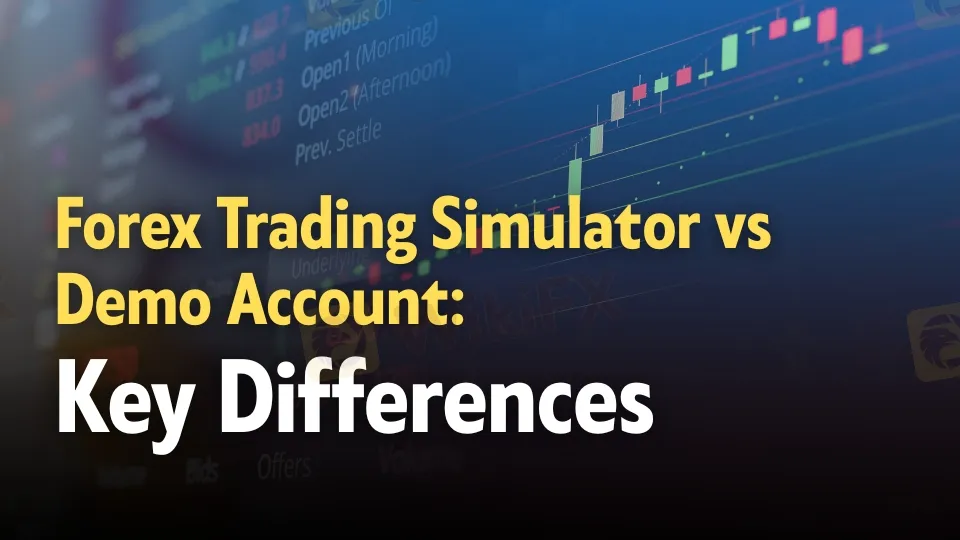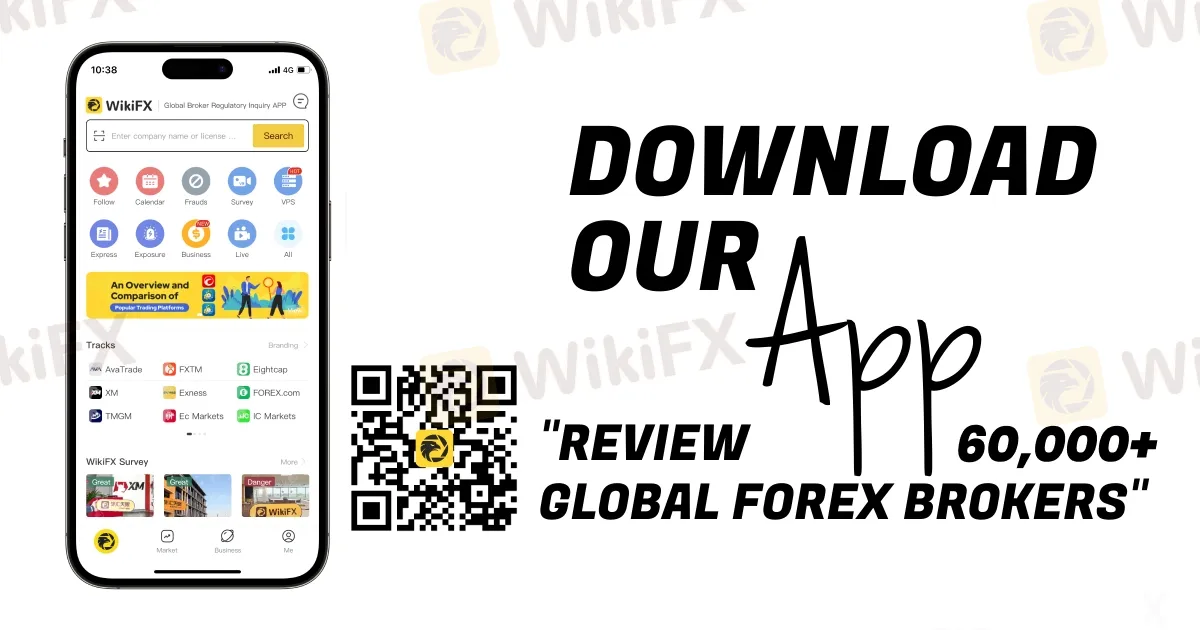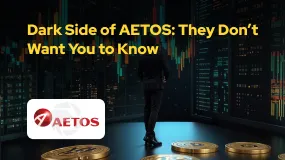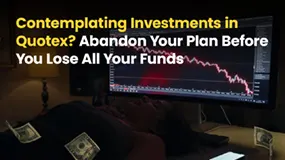简体中文
繁體中文
English
Pусский
日本語
ภาษาไทย
Tiếng Việt
Bahasa Indonesia
Español
हिन्दी
Filippiiniläinen
Français
Deutsch
Português
Türkçe
한국어
العربية
Forex Trading Simulator vs Demo Account: Key Differences
Abstract:Compare Forex Trading Simulator vs Demo Trading Account: discover benefits, features, and how each tool helps you practice and improve your forex trading skills.

Navigating the world of currency trading can be as challenging as it is rewarding. Before you risk your capital, its crucial to prepare using tools that allow you to practice and experiment in a safe environment. Two of the most popular preparation methods are the Forex Trading Simulator and the Demo Trading Account. Though both provide a risk-free space to learn, their features, use cases, and outcomes differ in ways every aspiring trader should understand.
Benefits of Using a Forex Trading Simulator
A Forex Trading Simulator is more than just a rehearsal space; it‘s an immersive, hands-on learning tool tailored to accelerate your journey from novice to competent trader. Here’s how simulators provide unique advantages:
- No Financial Risk: Perhaps the biggest benefit is peace of mind. The simulator lets you experiment and learn without putting your hard-earned money on the line. Mistakes become lessons, not costly errors, so you can explore various strategies without hesitation.
- Real-Time Market Experience: Simulators often use live or replayed data from actual markets, enabling you to witness quick shifts and trends just as you would in real trading. This helps you develop an understanding of market volatility, liquidity, and price action in a controlled setting.
- Practice and Refine Strategies: Within a simulator, youre free to test unconventional approaches without fear of financial loss. This trial-and-error process aids in identifying what suits your risk profile and personality, a crucial step in developing a personalized trading plan.
- Historical Data Access: Many simulators offer access to years of historical price data. This feature allows you to backtest strategies against past market trends—a powerful way to see how an idea would have performed before betting real money.
- Emotional Detachment: Because simulated trading doesn‘t affect your real balance, you’re insulated from the emotions that can cloud judgment—fear and greed. Developing the ability to focus on mechanics and logic is foundational for future success.
- Technical Familiarity: Simulators familiarize you with trading platforms, charting tools, and order types. By practicing in this environment, you grow adept at using advanced features, which will prove invaluable once you transition to a live platform.
Simulators transform theoretical knowledge into practical expertise, acting as a bridge between reading about trading and executing in the real market.
Key Features of a Demo Trading Account
A Demo Trading Account is a virtual account provided by brokers that mirrors the live trading environment. Heres what makes demo accounts a core starting point for most traders:
- Virtual Funds: Demo accounts are funded with virtual money, letting users trade currency pairs and other instruments risk-free. The virtual balance is usually replenishable, offering unlimited opportunities for practice.
- Real-Time Market Conditions: The demo environment closely mirrors the live forex market with real-time prices, spreads, and order execution. This realism helps traders analyze and react to authentic market movements.
- Platform Access: Demo accounts offer full access to the brokers trading platforms, including all tools, indicators, and features. This exposure enables users to understand order placement, risk management settings, charting, and technical analysis on platforms like MetaTrader 4 and 5.
- Wide Range of Instruments: Most demo accounts allow you to experiment with a variety of currency pairs, commodities, indices, and sometimes cryptocurrencies. Exposure to different instruments broadens market knowledge and helps you find your niche.
- Educational Support: Many brokers equip demo accounts with tutorial videos, webinars, and educational articles. This builds foundational knowledge, especially for those who are entirely new to trading.
- Flexible Accessibility: You can access a demo account from any device with internet connectivity, making it convenient for frequent practice that fits your lifestyle.
- Strategy Development: With a demo account, you can experiment with new strategies and tactics to see how they perform in a setting that mimics real-world trading, without risking capital.
Demo accounts deliver an immersive training ground that mirrors live trading, ensuring a smoother transition when you move from practice to performance.

Comparing Forex Trading Simulators and Demo Accounts
While both tools offer virtual trading experiences and risk-free learning, several factors set them apart. Heres a head-to-head comparison:
| Feature | Forex Trading Simulator | Demo Trading Account |
| Purpose | Skill development, backtesting, scenario analysis | Platform familiarization, basic trading practice |
| Data Types | Historical, live, and sometimes custom market data | Primary live (real-time) market data |
| Srategy Testing | Extensive - can test with past data, fast forward, rewind | Real-time only; backtesting often not available |
| Emotional Impact | Lower emotions (no real risk), focus on technical learning | Lower than real trading, but can simulate some stress factors |
| Platform Coverage | Broader range (may not be tied to a broker) | Broker-specific; matches featuers and interface of live trading |
| Risk | Zero financial risk | Zero financial risk |
| Order Execution | SImulated; can compare multiple trade scenarios quickly | Realistic trade execution, but sometimes lacks slippage or delay |
| Skill Assessment | Deep skill analysis from tracking, reporting, and analytics | Good for basic skills; less focus on advanced analytics |
| Audience | Beginners to advanced, including algorithmic and manual traders | Beginners, new clients, and strategy testers |
Both methods serve distinct yet overlapping roles in a traders education. Pick the tool that matches your learning stage, goals, and desired level of technical exposure
How Forex Trading Simulators Enhance Your Skills
Forex Trading Simulators excel at transforming theoretical knowledge into hands-on expertise. Heres how they propel skill development:
- Scenario-Based Learning: Simulators often allow users to recreate specific market conditions, such as sudden volatility, major news releases, or flash crashes. This gives you the rare chance to understand how your strategy would fare during tumultuous periods without costing a penny.
- Pathway to Mastery: You can set structured learning goals within a simulator—whether its mastering a new indicator, perfecting order timing, or cementing risk-management concepts. Consistently practicing with intent and reviewing results fosters steady improvement.
- Journaling and Analytics: Many simulators include trade journals and extensive analytics. By regularly tracking your successes and mistakes, you can spot patterns, fine-tune systems, and make measurable progress.
- Confidence and Adaptability: Successful practice in a risk-free arena solidifies confidence. When you‘re confident in your skills, you’re less likely to panic or overtrade during real market volatility.
- Technical Mastery: Frequent simulator use refines your navigation of chart setups, indicator settings, and even automated algorithm testing. You become efficient and fast, reducing the likelihood of costly mistakes once real money is on the line.
- Realistic Practice: By using actual market data, simulators create the kind of pressure and decision-making environment that closely mimics live trading. The more you experience simulated stress, the more prepared youll be when real capital is at stake.
Developing habits and skills in a simulator lays the groundwork for future trading prowess, much like professional athletes use scrimmages to prepare for the real game.
Why Choose a Demo Account for Forex Practice?
While simulators are powerful, the Demo Trading Account is the most accessible way to begin practicing forex in an environment that closely resembles live trading—especially if you plan to use a specific broker.
- Risk-Free Practice for Beginners: Demo accounts are perfect entry points for those starting their forex journey. You can learn market basics, get used to trading interfaces, and execute your first virtual trades without the fear of financial loss.
- Familiarity with Broker Platforms: Brokers often provide demo accounts that replicate their exact trading environment (including software, order types, and support features), reducing the learning curve when you switch to a live account.
- Strategy and Tool Testing: You can use virtual funds to test strategies, try new order types, and practice risk management techniques with the same conditions youll face in real trading, minus the monetary stakes.
- Real-Time Market Exposure: A demo account exposes you to actual price movements, spreads, and liquidity situations. Youll see how announcements, economic data, and market sentiment drive currency pair values.
- Risk Management Skills: Practice placing stop-losses, take-profits, and managing open positions. Confidence with these essential tools prepares you for the realities of real capital trading.
- No Psychological Risk (Yet): Theres no emotional burden of potential financial loss. Use this to your advantage—establish good habits and logical thinking that you can carry over into live trading. However, remember that genuine psychological development comes when real stakes are involved.
- Continuous Learning: Demo accounts are usually available indefinitely, which means you can return to practice any time you need to test a new strategy or regain your trading rhythm.
Ultimately, using a demo account is the safest and most practical way to get your feet wet, learn new features, and understand the mechanics of the forex market before risking actual capital.
Choosing between a Forex Trading Simulator and a Demo Trading Account is not an either-or decision for most traders. Instead, each tool serves a complementary purpose in developing skill, confidence, and market understanding. Start with a demo account to learn your broker‘s platform and basic trade execution, then graduate to a simulator for scenario training, backtesting, and deeper technical analysis. By cycling between both, you’ll gain the experience and discipline needed to tackle live forex markets with poise and a well-honed edge.

Disclaimer:
The views in this article only represent the author's personal views, and do not constitute investment advice on this platform. This platform does not guarantee the accuracy, completeness and timeliness of the information in the article, and will not be liable for any loss caused by the use of or reliance on the information in the article.
Read more

Dark Side of AETOS: They Don’t Want You to Know
AETOS is an Australia-based broker. All over the internet, you will find positive reviews about this broker, but no one is talking about the risks involved with AETOS. However, we have exposed the hidden risks associated with AETOS

Contemplating Investments in Quotex? Abandon Your Plan Before You Lose All Your Funds
Have you received calls from Quotex executives claiming to offer you returns of over 50% per month? Do you face both deposit and withdrawal issues at this company? Or have you faced a complete scam trading with this forex broker? You're not alone. Here is the exposure story.

15 Brokers FCA Says "Are Operating Illegally" Beware!
If a reputable regulator issues a warning about unlicensed brokers, it's important to take it seriously — whether you're a trader or an investor. Here is a list you can check out- be cautious and avoid getting involved with these scam brokers.

Scam Alert: Revealing Top Four Forex Scam Tactics Employed to Dupe Investors
Gaining and losing on forex trades is normal, but not scams that siphon out millions in no time! In this article, we will reveal forex scam tactics. Read on!
WikiFX Broker
Latest News
Lead Prices Remain in the Doldrums Despite Seasonal Expectations
Myanmar Tin Ore Shipments from Wa Region Set to Resume
Major U.S. Banks Plan Stablecoin Launch Amid Crypto Regulations
SHFE Tin Prices Stabilise in the Night Session After Initial Decline
Treasury yields rise as Trump denies plans to fire Fed Chair Powell
Forex Trading Simulator vs Demo Account: Key Differences
Different Forex Market Regulators But One Common Goal - Investor Safety
Do You Really Understand Your Trading Costs?
5 Reasons Why Some Traders Choose XChief
Harsh Truths About ATC Brokers Every Trader Must Know
Currency Calculator


